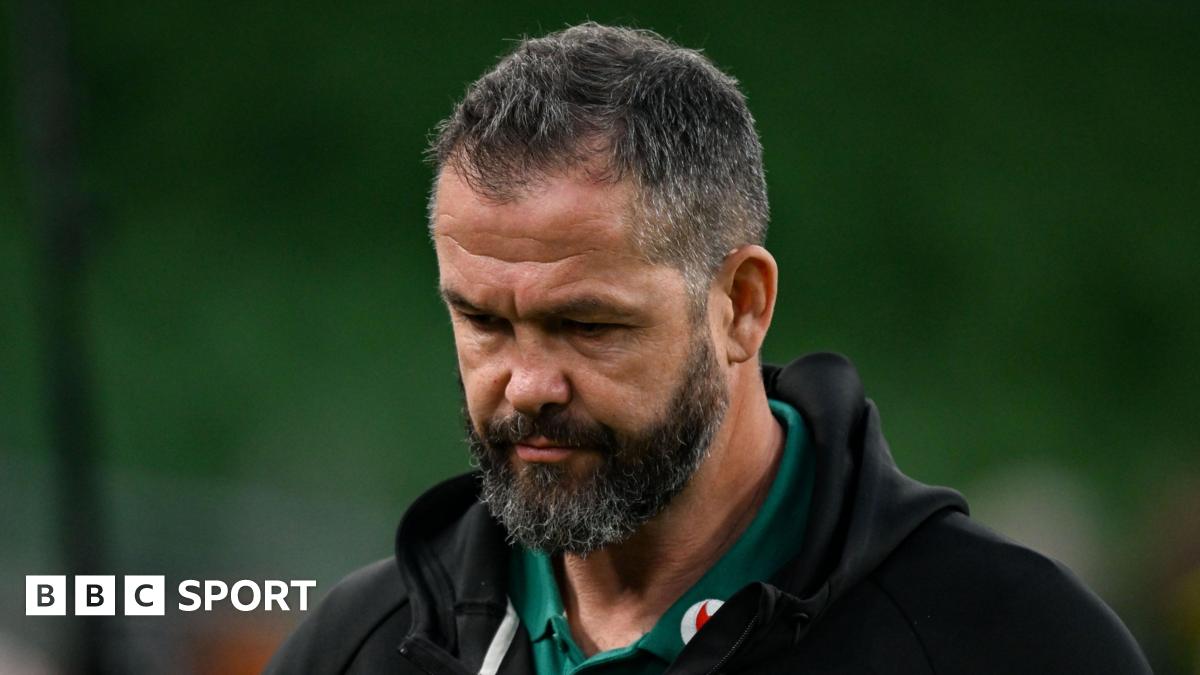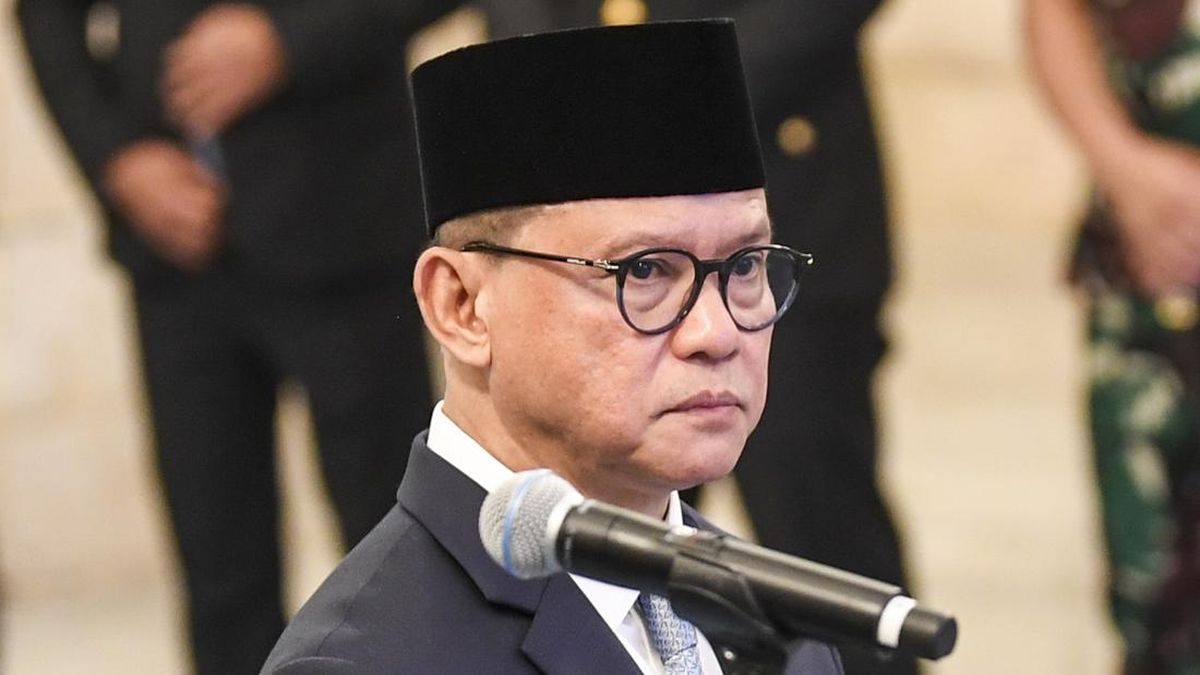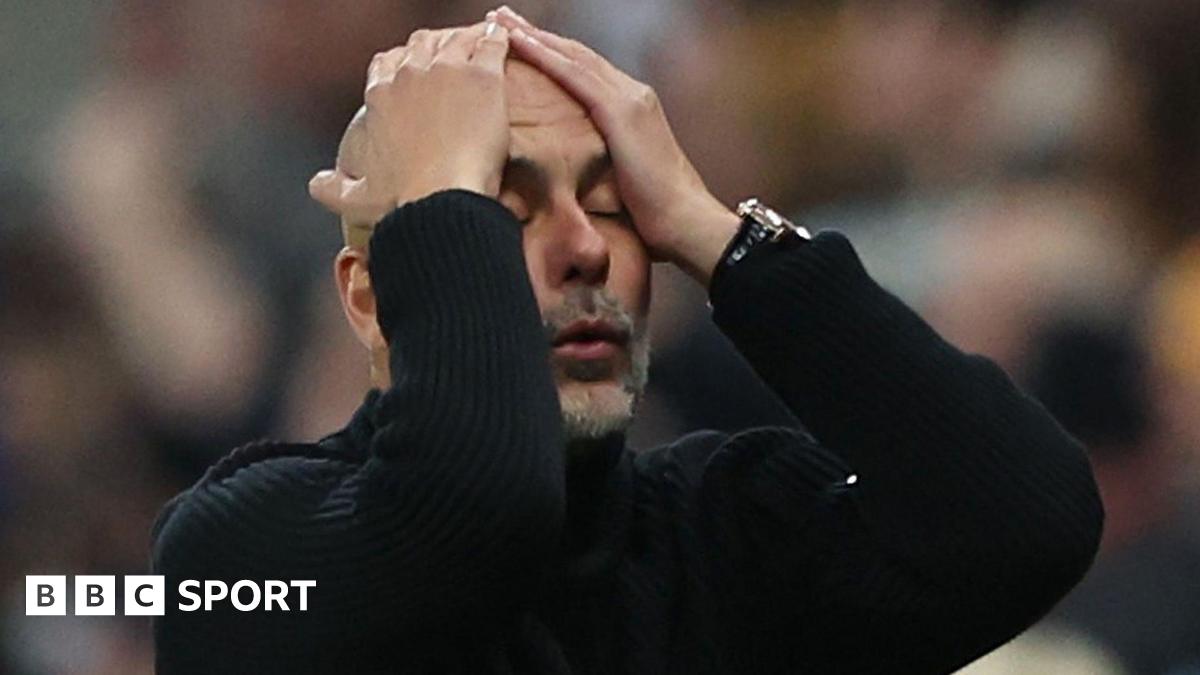Trump was never that interested in Australia. Albanese made sure to keep it that way
Washington: Australia fought hard for an exemption to Donald Trump’s steel and aluminium tariffs early in the year and got nowhere, despite positive signs from people close to the US president.
The next time around, it took a different tack. Partly that was out of necessity: the “reciprocal tariffs” went into effect just as Australia entered a federal election campaign.
But there was also a view among Australian officials that there was little value in being one of the first movers. After all, Australia copped the lowest possible rate on April 2 – 10 per cent – so it was difficult to protest too much, even if it seemed unfair. And the risk was that the United States would demand more than we were willing to give.

Anthony Albanese and Australia laid low, and avoided being whacked with higher tariffs.Credit: Matthew Absalom-Wong
That view intensified when the United Kingdom became the first country to strike a deal – of sorts – with Trump, but still got lumped with a 10 per cent tariff. The baseline is the baseline; there’s not much you can do.
Prime Minister Anthony Albanese was lambasted by his political opponents for failing to secure a face-to-face meeting with Trump, and being stood up at the G7 when Trump left early. And perhaps in the counterfactual, he would have charmed the president and secured the complete tariff reprieve Australia seeks. You never know.
Loading
But the better analysis is probably that lying low paid dividends, and leaves Australia in a position to negotiate down the track – which the White House is open to doing.
Other countries weren’t so lucky. New Zealand’s tariff was hiked to 15 per cent, from 10 per cent, which its trade minister, Todd McClay, said appeared to be due to the (small) US trade deficit with Wellington.
The US enjoys a trade surplus with Australia, and we have a free-trade deal (supposedly), which is why Canberra feels the tariffs are egregious. But it also means we were never likely to be whacked with a higher tariff, unless everyone else was, too.

We shouldn’t lose sight of the broader significance of Donald Trump’s moves.Credit: AP
Labor can take some credit for its approach, but within reason. Just as we stayed quiet, the Americans were not that interested in Australia either. They were focused on their biggest 12 to 18 trading partners (Australia falls just outside this range) and announcing deals with China, the European Union, Mexico and Japan.
The decision to relax import restrictions on US beef was timely and sensible, as much as the government tried to claim it had nothing to do with negotiations with Trump. In numerous public forums, the Americans – including the US trade office, Commerce Secretary Howard Lutnick, several US senators and Trump himself – made it clear that Australia’s “refusal” to take US beef was a big deal. It’s agriculture, it’s farmers, it’s a point of pride.
When Australia rolled over, they sang it from the rooftops, with press releases and social media posts. “We are going to sell so much to Australia because this is undeniable and irrefutable Proof that US beef is the Safest and Best in the entire World,” Trump enthused.
Americans like Australia, they have a trade surplus with us, we’re handing over big cheques to help them build submarines, and now they can try to sell us beef. You can call today’s outcome a win for quiet diplomacy, but at the end of the day, it was never really about us.
We shouldn’t lose sight of the broader significance of Trump’s moves. This is a unilateral assault on free trade, using the bullying might of the US economy, via a fact sheet uploaded to the internet. Unless there was a deal done beforehand, other countries barely got a heads-up.
Loading
Sure, Trump is primarily trying to raise revenue and generate leverage, rather than set in train a new wave of worldwide economic protectionism. But if the US can act this way, any other state is entitled to say it can, too.
Get a note directly from our foreign correspondents on what’s making headlines around the world. Sign up for our weekly What in the World newsletter.
Most Viewed in World
Loading


















































